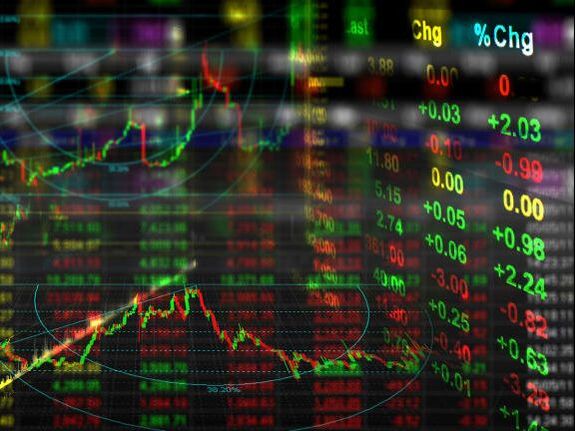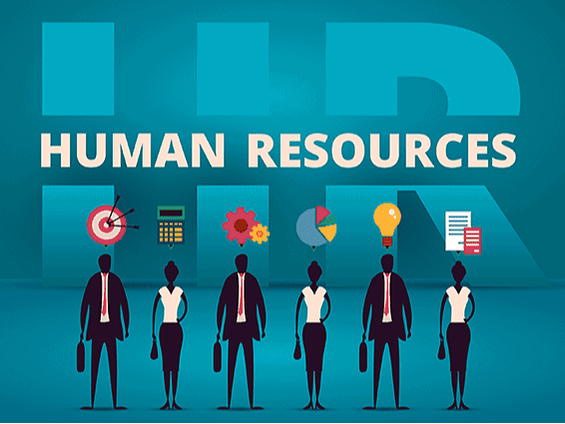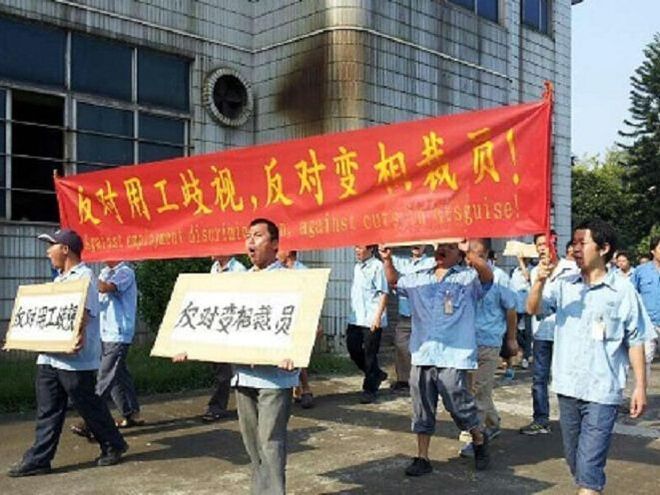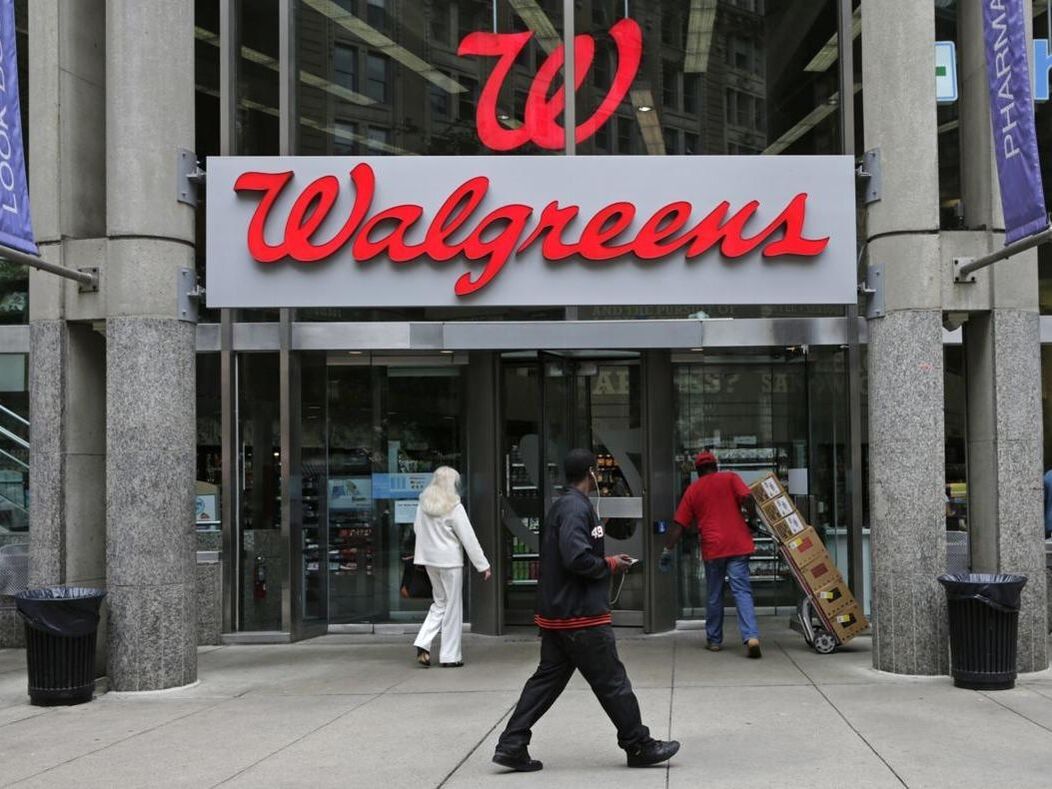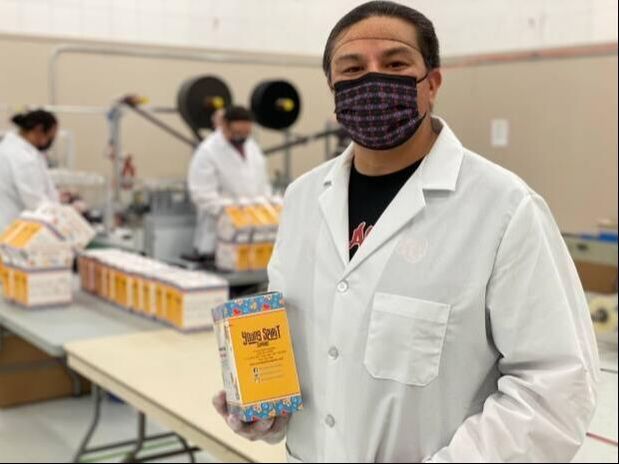- Home
- Technology
- Management
- Health Care
- Earth Sciences
- Particle Physics
- Engineering
- Stories of Turtle Island
- Startup Companies
- The Lost Ships of the Franklin Expedition
- Wildlife
- Archaeology
- Palaeontology
- Architecture, Land Use and Planning
- Politics and International Development
- COVID-19
- University Life
Improvements to algorithms could make e-commerce prices more fairIn Chicago, ride-share companies Uber and Lyft were shown to charge higher prices in neighbourhoods where most residents are not white. Though it is illegal to charge different prices on the basis of race in the United States, and Uber and Lyft’s pricing algorithms do not directly consider a rider’s race, many of those neighbourhoods are predominantly African American.
Company spokespeople explained that fare prices are influenced by many factors, including time of day, land-use patterns, demand, and driver availability. Those, in turn, can be influenced by the legacy of historical inequities. For example, some neighbourhoods could have lower population densities and fewer drivers due to persistent underinvestment or mortgage redlining.But the public won’t ever know precisely how this pricing discrimination happened, or even what steps have been taken to address the problem.... .Click here for full text |
Mutual fund managers are adapting to retain institutional fundsOn the surface, the Exchange Traded Fund is a simple idea: a financial product that gives investors the opportunity to invest in a set of stocks tracked by a market index, without having to buy shares in each one. Yet this relatively straightforward concept has become a major disruptor in the sphere of money management.
“There has been a tectonic shift in the industry,” says David Schumacher, whose research examined manager-client relationships and the competitive rise of ETFs. Traded on stock markets, ETFs let investors buy a share of an ETF while the ETF holds the actual assets in the index and replicates the returns of the index as a whole. The ETF gives small, retail investors a chance to have a diversified portfolio. On top of that, ETFs charge much lower fees than traditional investment vehicles like mutual funds. Click here for full text |
WEF white paper is a blueprint for fairer AI in human resourcesBias in human resources has consequences. When one candidate is hired or promoted, other applicants are often simply out of luck. The decisions made in HR have a lasting impact on the complexion of a company’s workforce, and the trajectory of its employees’ careers. Biases of race, class, sex and gender have all contributed to corporate leadership that is mostly white and mostly male.
Artificial intelligence-driven human resources tools have the potential to change this – and to entrench it. Algorithms can disregard the unfamiliar spelling of a candidate’s name, the ethnic or religious affiliation of the educational institution where they studied, and even the gender pronouns they use. But AI still faces a major challenge – it learns from the data of the past, and all human-made HR data sets incorporate the biases of the processes that were used to make them in the first place. Click here for full text |
Random allocation of managerial attention can improve moraleA good manager can boost productivity, reduce attrition and pad the bottom line. But even the best managers only have 24 hours in their day, and to maximize team success they need to allocate their time efficiently. Many managers choose to focus on employees who are struggling, and allocate less attention to those who are not. But this might not be the best strategy — at least when it comes to organizational performance.
“Managers can be strategic, and talk to employees who have reported stress or mental health challenges. This is called the directed allocation of attention,” says Dr. Shannon Liu, an assistant professor at the Rotman School of Management. "Employees with low morale are more likely to leave a firm, and having a conversation with a manager significantly improves this. When an employee has low morale, the benefits of managerial attention are higher.” Click here for full text |
Retailers can take steps to ease pandemic shopping anxietyThere is nothing more essential than the food that sustains us. Even during the strictest lockdowns, grocery stores remained open for business.
But that does not mean the experience remained the same. Virtually overnight, a trip to the grocery store was altered beyond recognition. Cashiers masked up and customers socially distanced in checkouts lines that snaked well in to the frozen foods aisle. Sales spiked, and led to shortages of toilet paper, Lysol wipes, yeast, and hand sanitizer. The worst of the panic buying only lasted a few months, but many of the changes to the shopping experience have remained. “For me, grocery shopping is actually a fun activity that I did with my family,” said Dr. Yu Ma, “But it is not the same as it was before... Click here for full text |
Geographic concentration shapes Wikipedia's information ecosystemAnyone can edit Wikipedia, but that's different than everyone actually doing it. Based on an open collaboration model, Wikipedia hosts millions of articles that can be created and edited by anyone, anywhere. But it counts just over 300,000 active editors.
A closer look at the people who contribute to Wikipedia shows that they play a powerful role in shaping the world-wide information ecosystem, generating positive feedback loops that leave other topics in the dust -- under-researched and unread. Their impact on the most visited educational resource on the planet affects us all. Wikipedia’s English-language site alone includes more than 6.4 million articles, all free to access. The Encyclopaedia Britannica contained 40,000 pages and came with a thousand-dollar price tag. Click here for full text |
Data scientists write the code that will automate their own jobsCoal miners will disappear in a clean energy revolution. Taxi dispatchers are being replaced by ride sharing apps. And video rental store employees lost their jobs to Netflix years ago.
History is replete with new technologies that have rendered entire occupations obsolete, turning a lost job into much more than a lost paycheque. Beyond earning a living, our careers weave into how we define ourselves as people—when an entire occupation disappears, pieces of professional and personal identity go with it. For data scientists, this prospect creates an existential crisis. Unlike a taxi dispatcher blindsided by the rapid rise of Uber, data scientists spend their days in high demand, busy writing the code that will automate their own jobs out of existence. Click here for full text |
P-hybrid digital currency proposes CBDC that preserves privacyThe invention of paper money revolutionized commerce. Backed by a promise of value guaranteed by the state, bills made money more portable and large transactions simpler to conduct. E-commerce rendered those transactions even easier: with a few clicks, online platforms like Shopify and Amazon made it possible to buy from sellers anywhere in the world. The hidden cost of all that convenience? Privacy. A new form of digital currency offers an emerging solution that melds cash with global accessibility and security.
“Cash perfectly preserves privacy in a symmetrical way,” explains Katrin Tinn, an Assistant Professor of Finance at the Desautels Faculty of Management. “With cash, there is no need to know whose dollars were spent. The disclosure that money was received is effectively voluntary and requires audits to verify.” Click here for full text |
Chinese unions used alternative organizing strategiesThey toil in China’s factories and build its modern megacities. At 280 million strong, China’s migrant workers are greater in number than the entire workforce of the European Union.
Chinese people are assigned their residency status through the Hukou system. This designates where they can legally live and receive government services. Despite reforms, these designations continue to reflect an era when China was heavily rural. As it has industrialized, tens of millions of people who were assigned residency in rural areas have moved to the city – and brought their status with them. “Migrant workers have all sorts of problems getting basic legal rights,” says Diana Fu, an associate professor of political science at the Munk School’s Asian Institute.“ Click here for full text |
Companies headquartered in tax havens are less charitableWalgreens is one of America’s most powerful brands. Founded in 1901, the midwestern pharmacy chain even claims to be the birthplace of an American classic, the malted milkshake. Today, over 9,000 Walgreens pharmacies fill over 1 billion prescriptions each month—and bring in nearly $130 billion in annual revenue.
But, in 2014, the company considered stashing these profits beyond the reach of the IRS. By acquiring Boots Alliance—a British pharmacy chain that is headquartered in Switzerland for tax purposes—Walgreens reached the threshold of 20 percent foreign ownership, qualifying the company to move its headquarters out of the United States. Click here for full text |
Common Approach Project evaluates social impactOne organization is a company that distributes environmentally friendly cook stoves in Africa as carbon offsets sold to air travellers. The second is a charity that works with local companies to integrate cognitively impaired people into the workforce – and strengthens the community where they live.
Which has the greatest impact? It seems like an apples and oranges comparison, but Dr. Kate Ruff is working on ways to evaluate the impact of social purpose organizations through the Common Approach Project. “I like to say that humans are actually really good at comparing apples and oranges…because we understand food,” says Ruff. Click here for full text |
Corporate sustainability claims must be subjected to scrutiny
In the future, the most successful companies will be green. Carbon taxes will make heavy polluters less profitable, and consumer preferences for greener products will shift the way that people spend their money.
“Many institutional investors recognize that the better performing firms of the future will be those that are reducing their exposure to risks associated with climate change,” says Patrick Callery. But for pension fund managers and other investors, it isn't as easy as it sounds to figure out which companies are making meaningful changes. There’s an absence of good information on emissions performance from regulatory bodies. Click here for full text |
To overcome bias, AI hiring algorithms should consider race and genderAmazon employs hundreds of thousands of people, and when you are building a workforce that’s the size of a medium-sized city, hiring top talent is a gargantuan task. Artificial intelligence holds promise to make human resources more efficient. But when the Seattle-based e-commerce behemoth implemented a machine learning algorithm to identify talent, that algorithm created an unforeseen issue.
“Algorithms like Amazon’s use historical data from existing employees to identify patterns between their characteristics and qualifications, and use these patterns to predict the suitability of job applicants,” says Warut Khern-am-nuai, an assistant professor of information systems at McGill University’s Desautels Faculty of Management. Click here for full text |
COVID containment measures had similar health impacts, vastly different economic onesThere are 50 states in the United States of America—and there have been more than 50 different approaches to suppressing and managing COVID-19.
Even as the pandemic radically reshaped American life, the federal government failed to provide strong and consistent guidance about how best to manage this public health crisis. Not surprisingly, individual states diverged in what they chose to do, and when they chose to do it. On March 19, California became the first state to order a lockdown. On April 17, Connecticut mandated masks in public spaces. Other states, like South Dakota, chose to do neither. Click here for full text |
PIVOT platform is a resource for small businesses tackling climate changeTaking climate action isn’t a luxury, it’s a necessity. Many businesses that are directly motivated by sustainability sell premium products, but meaningful climate action needs to include businesses of all kinds.
It can’t only be the shop that sells organic food – it needs to be the companies that installed the shelves, sold the fertilizer and delivered the goods too. Researchers at the McGill Sustainability Systems Initiative have created an online social platform that encourages small and medium sized enterprises to take action. They have partnered with the National Film Board to produce digital stories about companies addressing the climate crisis, and will share those stories with the wider business community via the new platform. Click here for full text |

